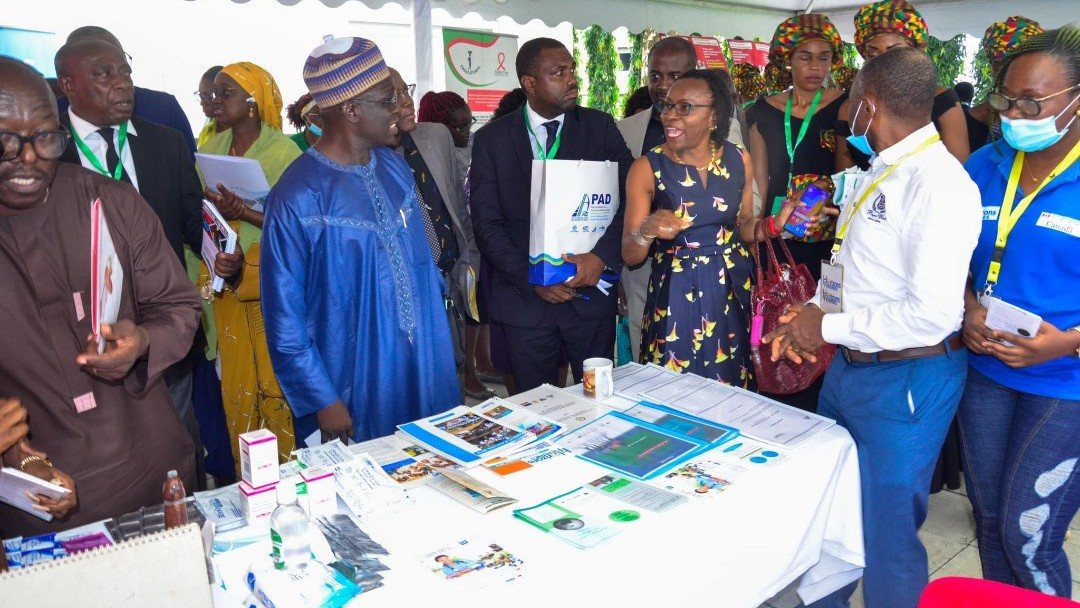
The CTG/NACC is under the authority of the Permanent Secretary, who is assisted by the Deputy Permanent Secretary, the Heads of Section and Heads of Unit and a staff of officials and contract staff.
The CTG is responsible for:
- Coordinating and managing the multisectoral programme in cooperation with the administrations, local authorities, civil society and national and international partners involved;
- Providing management and technical support to private and public partners, as well as to the Ministry of Health's external services involved in the fight against HIV/AIDS;
- Support to all partner structures (governmental and non-governmental) in the development and implementation of appropriate communication strategies;
- Providing technical support to partners involved in the sectoral response (public and parastatal services, private companies, non-governmental and professional organisations) and monitoring and evaluating the implementation of sectoral plans;
- Coordinate epidemiological and behavioural surveillance activities;
- Coordinate research and training activities;
- Coordinate the Behaviour Change Communication (BCC) strategy and support all partner structures (governmental and non-governmental) in developing and implementing appropriate communication strategies;
- Preparing the budgeted annual action plan of activities in accordance with the guidelines set by the National Committee and submitting it to the latter for approval,
- Monitoring and evaluating the implementation of the National AIDS Strategy;
- Administrative, financial and accounting management;
- managing the funds allocated to the multisectoral programme by the State, national and international partners, and transferring these funds to the grassroots communities and all the contractual structures responsible for the local response, in accordance with the procedures laid down for this purpose;
- Provide technical support to partners involved in the local response (decentralised authorities, development committees, religious and traditional authorities, NGOs, etc.) and monitor and evaluate the implementation of local response plans;
- Preparation of programme activity reports to be presented to the National Committee every six months.